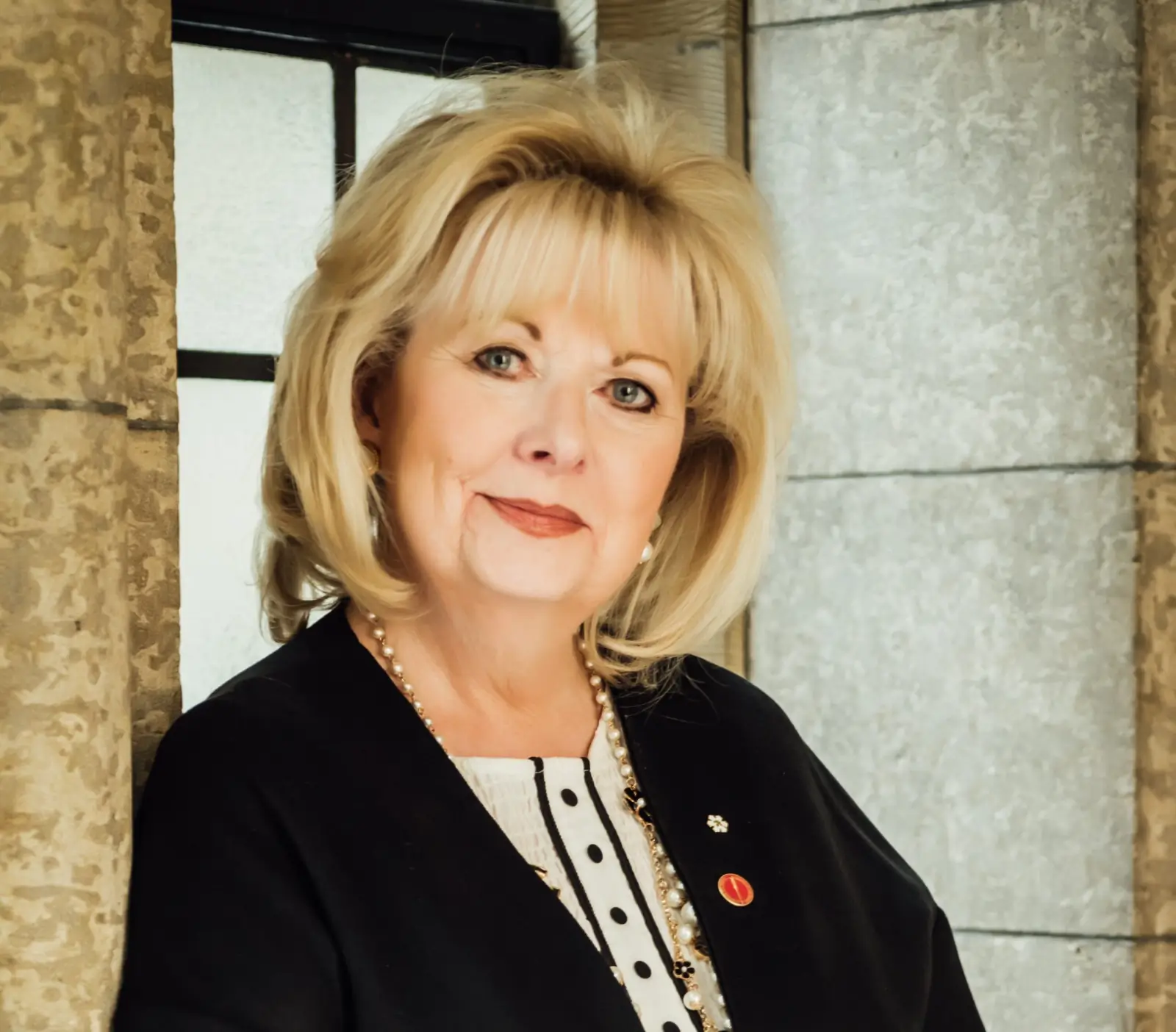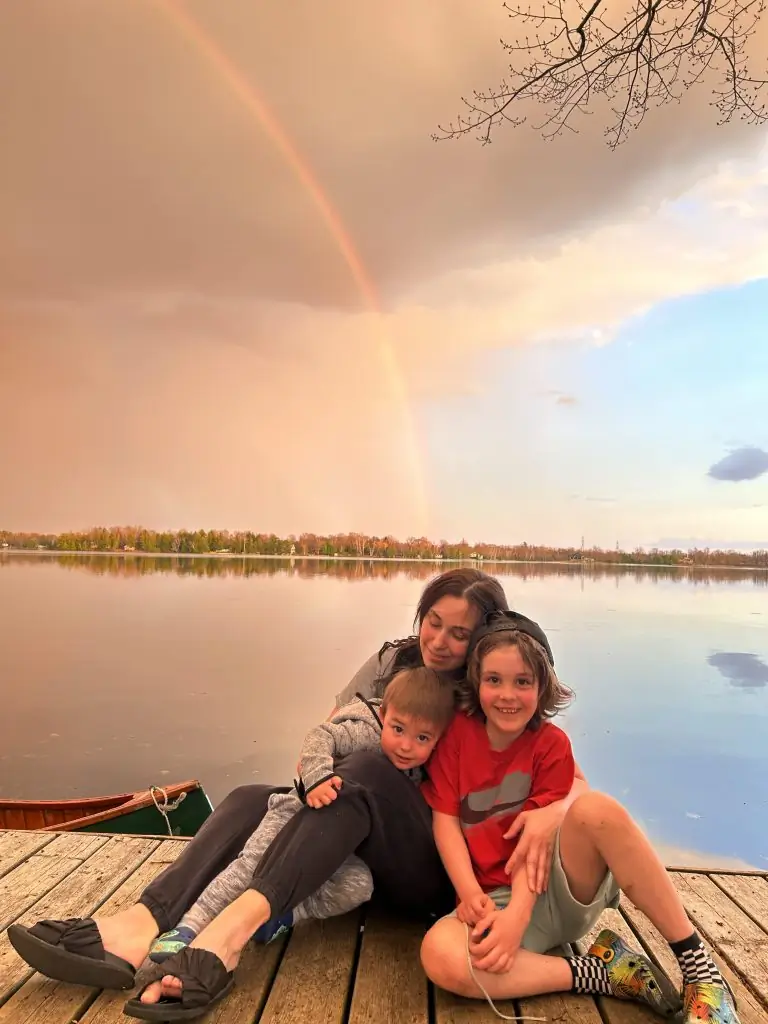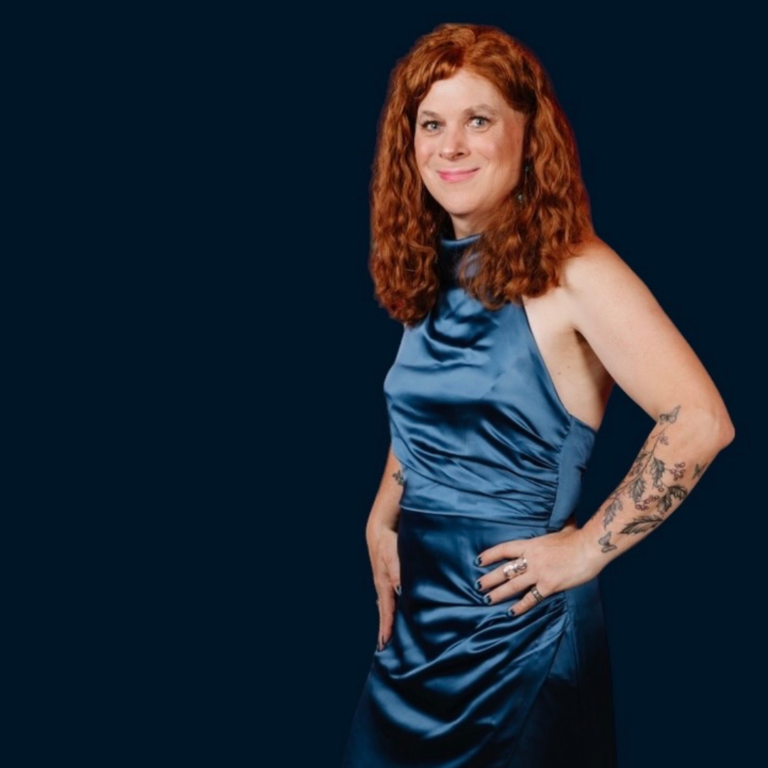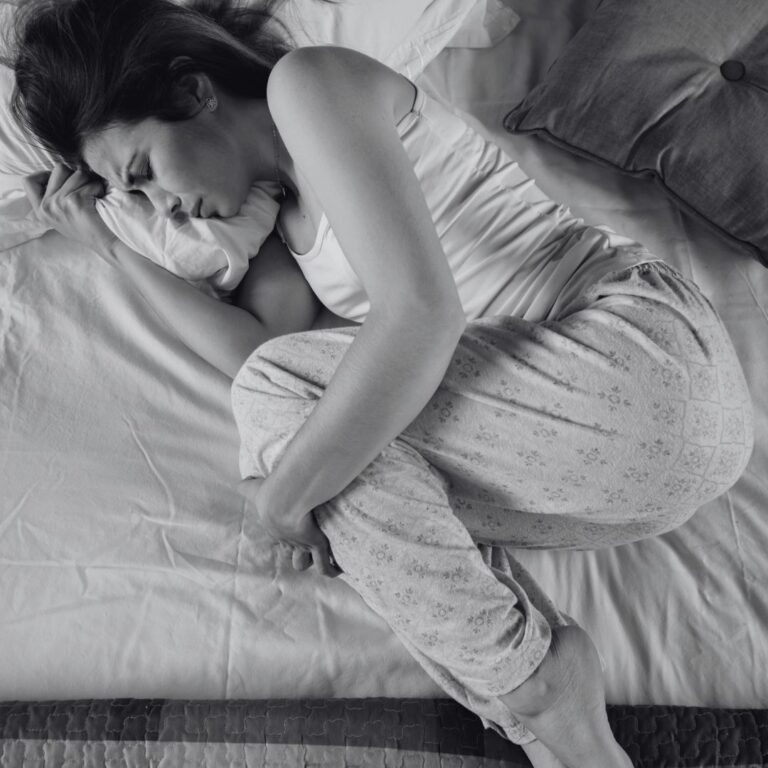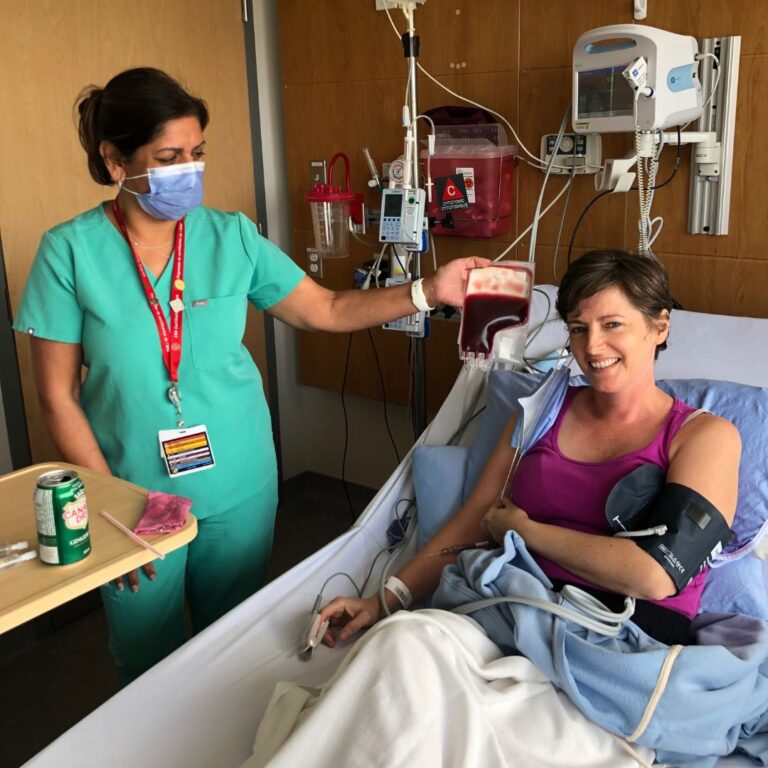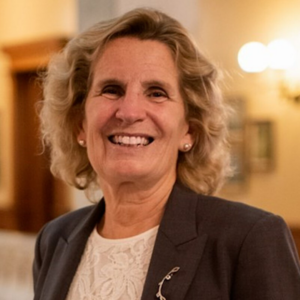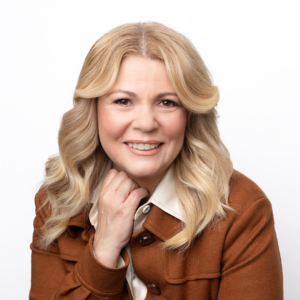Medical assistance in dying – why one daughter believes that dying with dignity should be a right
Society26.02.2024
Throughout our lives, we deal with death in many forms: the death of a relationship, the death of a career, the death of innocence, and of course, the death of a loved one.
Death and dying are part of life
For better or worse, we are the only species actually aware of the inevitability of death. This motivates us, helps us find purpose, and makes moments meaningful and precious. If we are both lucky and willing, such awareness will ready us for a dignified end to our own life and help us face that loss gracefully and with compassion.
We also live in a time where we can reasonably foresee death. We can diagnose terminal illnesses, and we can spot the signs of physical and cognitive decline scientifically and with great accuracy. But while more people may be living longer, are we truly living a good life? In the pursuit of longevity, we must always consider quality of life.
The right to make an end-of-life decision
I believe it is our right and responsibility to be able to make our own end-of-life decisions. I have come to my views watching both of my parents die in two very different but equally tragic ways: my father to painful cancers and my mother to Alzheimer’s.
Their suffering was unnecessary and preventable. A graceful exit was the only kindness they asked for — to be spared pain and indignity — but it was not possible under the law. These are difficult issues for families.
I was lucky enough to grow up in a home where pragmatic, honest conversation happened at our supper table most nights of the week. We talked, even as teenagers, about what would happen if something happened to our parents.
Of course, we still had grandparents in the picture so it was more about offering a sense of reassurance that life would go on. It was no surprise then, that as my parents aged and as my sister and I matured, the conversations continued concerning the “what ifs” of aging.
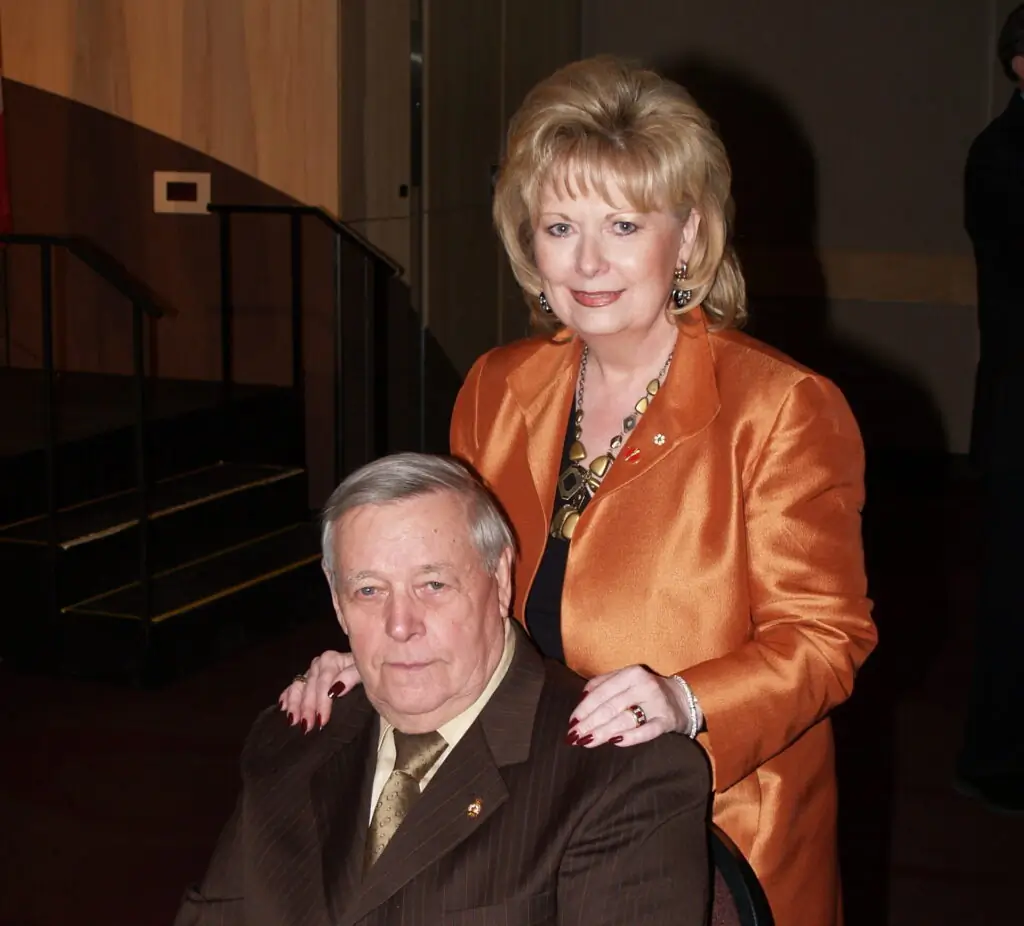
My dad wanted quality of life, not quantity
Dad needed heart surgery and the doctors at home suggested that perhaps he had lived a good life and should not bother with a bypass that might be complicated. They were concerned, they said, about the impact of anesthetic and five hours under the knife.
I was viscerally furious. So was my dad. I had a few choice words for the doctors and then we went to the neighbouring province where he received wonderful care, survived a long surgery, and lived another decade in relative health.
What struck me was the ease with which the hospital and my father talked about the DNR — the do-not-resuscitate order that must be signed before surgery. My dad couldn’t have been clearer. If I can’t walk, talk, hunt, or think, there is no point. He was all about quality of life, not quantity.
Do-not-resuscitate orders offer comfort
As a society, we accept DNR’s or do-not-resuscitate orders and living wills for the comfort they offer. You make them if you are undergoing life-threatening surgery or want to state your wishes in case of an accident and you don’t want extraordinary measures employed just to keep you alive in a vegetative state.
For me, advance requests for medical assistance in dying (MAID) are part of that continuum.
Why would we not offer that same choice to those trapped in a world of pain or a world where the fear of dementia robs you of your right to make end-of-life decisions?
Increased life expectancy comes with more years of age-induced disability
Boomers are turning 65 at a rate of 1,000 per day, and by 2031, a thousand or more will turn 85 every day. Do the math: that is a quarter of the population!
Increases in life expectancy have been accompanied by more and more years of age-induced disability. Modern medicine has given us longer life but has also made us the victim of overtreatment.
Where the issue of advance requests is so fundamental is for those experiencing cognitive decline, where they slowly — and knowingly — lose their grasp on reality and descend into what someone once called the “living death of dementia.”
One in four Canadians over the age of 85 suffers from dementia
It’s the silver tsunami, and the numbers foreshadow that the demand for advance requests will only grow. People suffering from forms of dementia like Alzheimer’s cannot access MAID because their deaths are not considered “reasonably foreseeable,” and it is assumed that once diagnosed, they no longer have the capacity to make decisions from that moment forward. Catch 22.
Alzheimer’s is not considered a mental illness either, although that point is moot now that the federal government has backtracked and denied that right as well. It’s an illness lottery and don’t bet against the house that is the federal government.
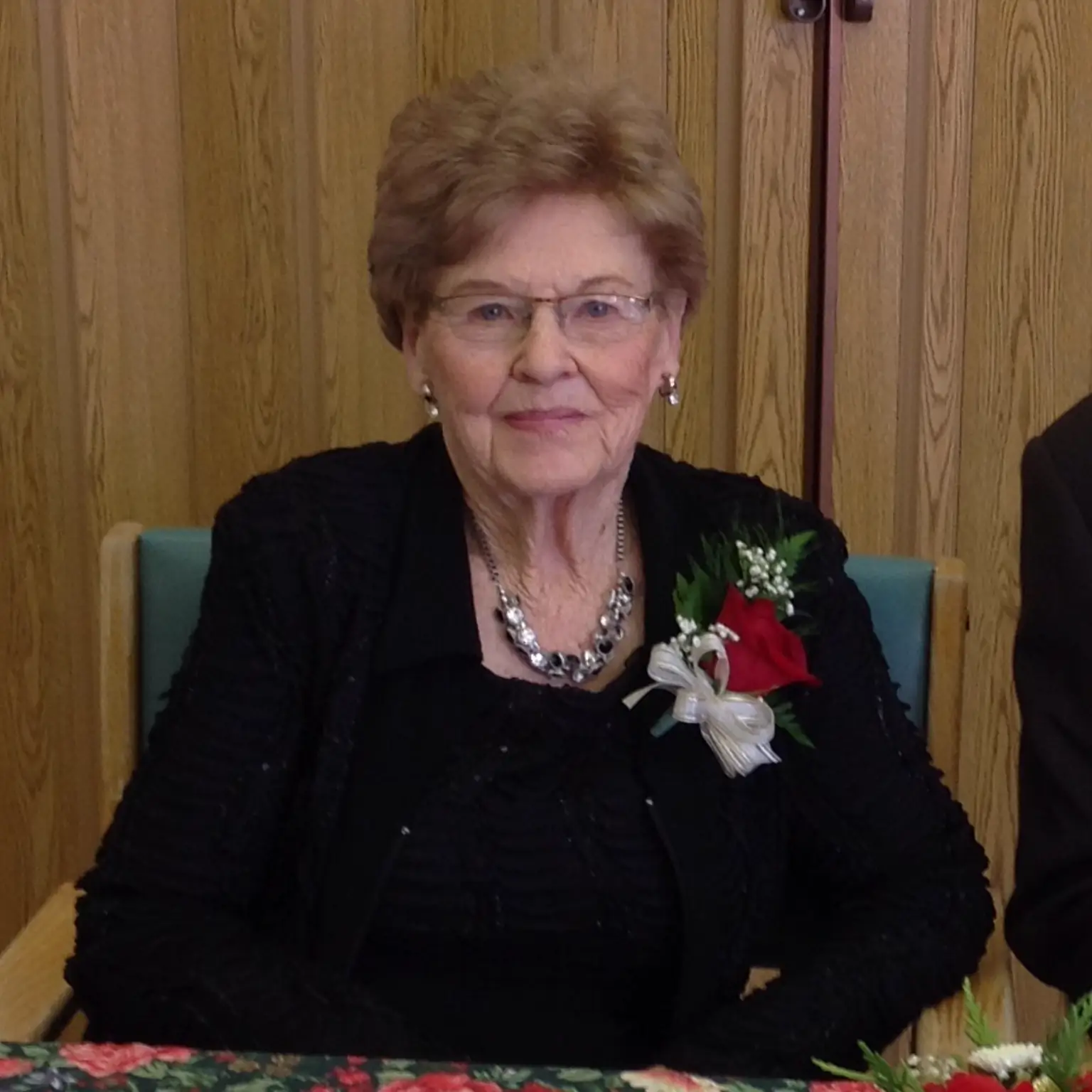
When you lose your memory, you lose sense of self
When you lose your memory, you “lose” family and friends and the feeling of being loved. Most important of all, you lose your sense of self — who you truly once were, what you accomplished, the lives you touched, and the many you taught.
That was quite literally true of my mother — a schoolteacher but a teacher in every sense of the word. She changed lives and she saved lives. I know this because her former students knocked on our door for years after she retired to introduce their kids to the woman who had set them on the right course.
She was a role model before we even used that phrase.
Mom never left the house without her hair done and lipstick on. In a small community, being the teacher meant setting the bar and a standard for others. Even when she first went to the seniors’ residence, she was always so conscious of her appearance and how she carried herself.
To watch her decline was heartbreaking. She stopped knowing what she had done for so many years and for so many others. She stopped setting the standard or meeting the bar she had once believed was her mission in the community.
The end of memory is brutal. It is a denial of our time as people who mattered and made a difference. It is a cruel and unusual punishment.
Dying with dignity should be a right
There are those who will argue that if folks are happy and tapping their toes at the weekly music session, then that is living. It is not. Happy dementia, they call it, when they want you to feel better about your loved one.
My mother could not articulate her wants and needs the way my father had on the eve of his surgery because that is the heavy price of dementia. But she believed it no less.
She would have never wanted a life without meaning or the awareness of family and history and her past. It is a harsh reality — until they simply know no more.
Families face this crisis every day in this country. Every single day, Canadians with incurable or irreversible medical conditions suffer needlessly in hospital beds and care homes. They suffer — sometimes with loved ones close at hand — but too often alone and in fear. And the worst of all fates, as I have said, without knowing who they are or once were.
So the time is now to be brave and to embrace those who have done so much for each of us — our parents and grandparents, our husbands or wives, our neighbours — to say thank you for all they have done for us and for our country and for our communities. To give them, if they so choose, the right to leave us with dignity — just as they have lived and loved and served us all with dignity.

